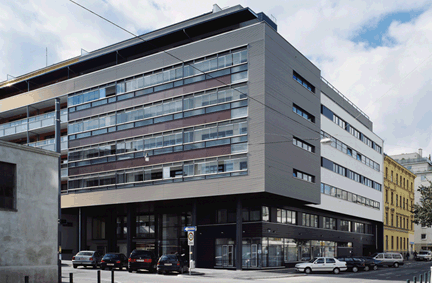Sfide di "genere" per smart cities più umane fra teoria, prassi e auspicabili scenari futuri
Abstract
ITALIANO
Nello scenario globale di ricerca di nuovi modelli di sostenibilità ambientale, economica e sociale, la dimensione urbana è quella che offre maggiori possibilità di sperimentazione. Le città, infatti, in quanto luoghi di accumulazione di problemi ambientali e socio-economici, sono in prima linea nell’affrontare le sfide contemporanee legate al cambiamento climatico e al trend esponenziale di concentrazione demografica, e possono trasformarsi in laboratori di creatività, innovazione e partecipazione per azioni orientate ad uno sviluppo durevole ed equo. In particolare, i temi dell’analisi spazio-sociale, della qualità dello spazio pubblico, della sua accessibilità, della sicurezza, del welfare e della qualità urbana in generale devono tener conto di metodologie di progettazione target oriented, attente alla specificità dei bisogni di una società plurale, sensibile alle differenze (di età, sesso, razza, lingua, religione, cultura, condizioni sociali). In questo contesto, i programmi a livello internazionale sulle pari opportunità hanno lo scopo di contribuire al raggiungimento degli “Obiettivi di Sviluppo del Millennio” attraverso politiche e interventi gender mainstreaming, da prevedere anche nel campo della pianificazione urbanistica, gestione e governance. Si tratta di una sfida inevitabile che richiede responsabilità e impegno da parte dei diversi attori territoriali affinché l’azione congiunta di strategie top-down di gender mainstreaming planning e politiche bottom-up possano produrre risultati concreti.
Alla luce di quanto finora esposto, e facendo riferimento a specifici casi di studio, il contributo propone una riflessione sulla necessità di una prospettiva gender sensitive nella pianificazione urbanistica – pure intrecciata ai temi dei trasporti, della sicurezza, dell’accessibilità dei luoghi, della pianificazione dei tempi e degli orari – con indubbi effetti positivi in termini di qualità urbana, inclusione e partecipazione attiva per città più intelligenti.
Downloads

Copyright (c) 2014 Gabriella Pultrone

This work is licensed under a Creative Commons Attribution 4.0 International License.
Gli autori che pubblicano su questa rivista accettano le seguenti condizioni:- Gli autori mantengono i diritti sulla loro opera e cedono alla rivista il diritto di prima pubblicazione dell'opera, contemporaneamente licenziata sotto una Licenza Creative Commons - Attribuzione che permette ad altri di condividere l'opera indicando la paternità intellettuale e la prima pubblicazione su questa rivista.
- Gli autori possono aderire ad altri accordi di licenza non esclusiva per la distribuzione della versione dell'opera pubblicata (es. depositarla in un archivio istituzionale o pubblicarla in una monografia), a patto di indicare che la prima pubblicazione è avvenuta su questa rivista.
- Gli autori possono diffondere la loro opera online (es. in repository istituzionali o nel loro sito web) prima e durante il processo di submission, poiché può portare a scambi produttivi e aumentare le citazioni dell'opera pubblicata (Vedi The Effect of Open Access).
